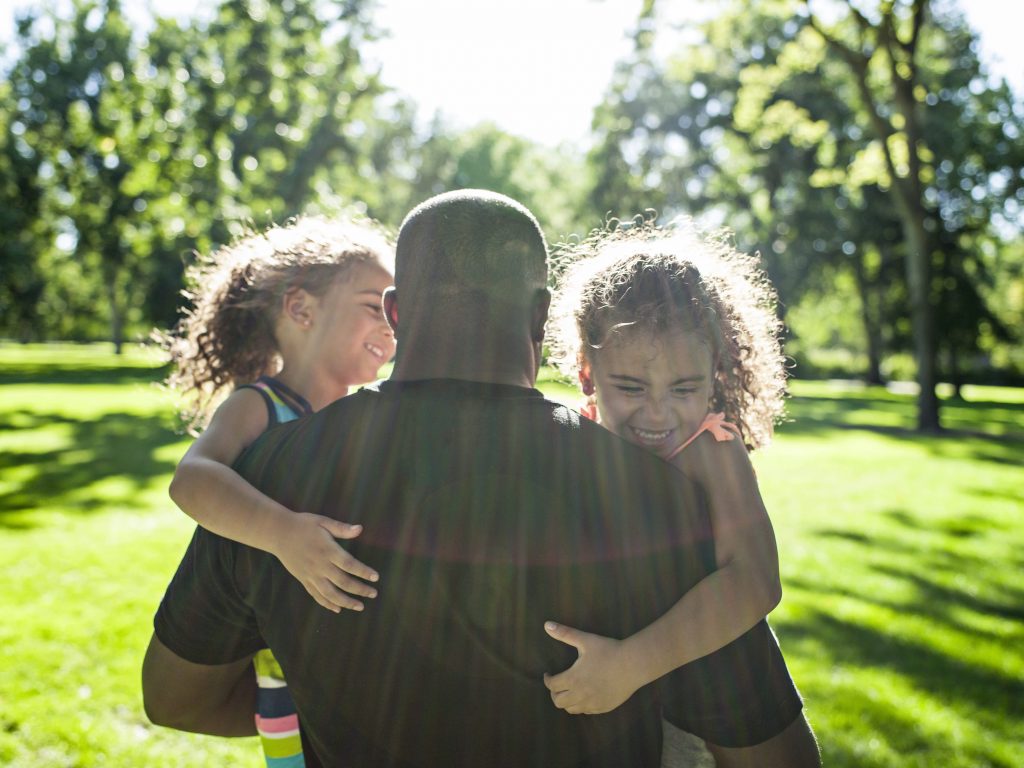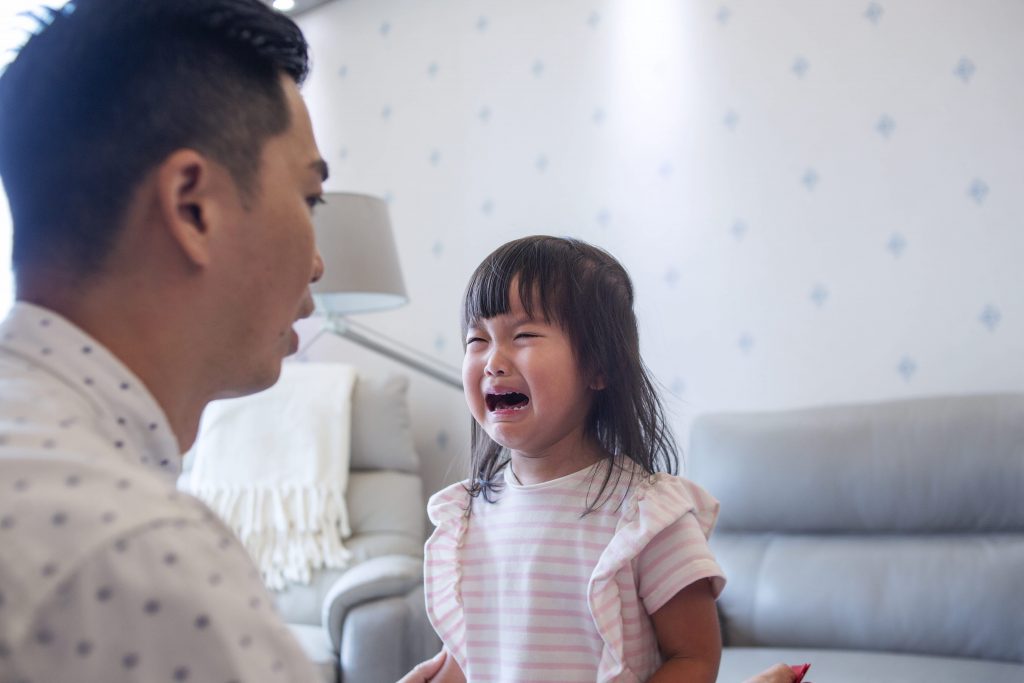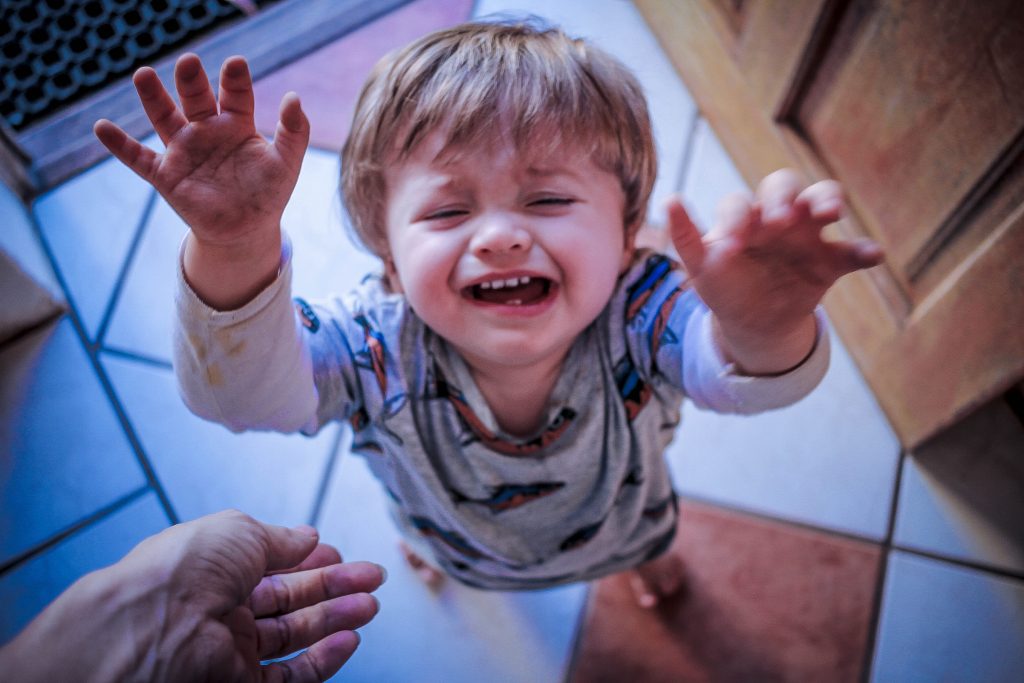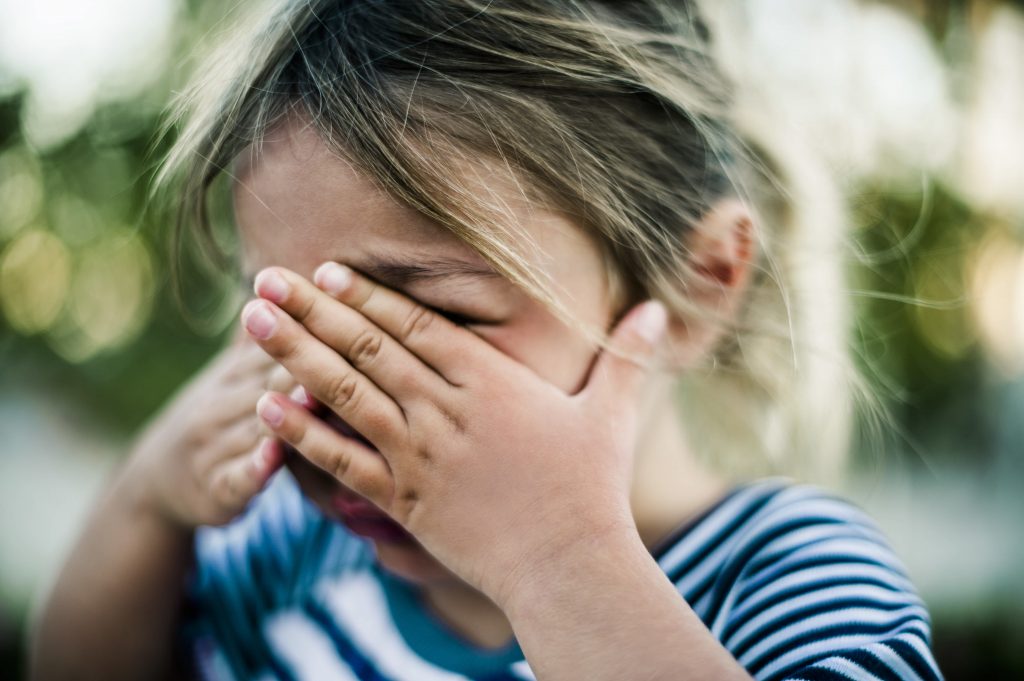
- POPSUGAR Australia
- Living
- Attachment Plays a Big Role in Your Relationship With Your Child – Here's How to Know If Yours Is Healthy
Attachment Plays a Big Role in Your Relationship With Your Child – Here's How to Know If Yours Is Healthy

As a marriage and family therapist who practiced for a little over five years (LMFT, MA MFT) and a mama, I’ve always been interested in the subject of attachment. Throughout my work as a therapist, I’ve witnessed the importance of forming a healthy attachment with your child, so when my daughter was born, creating this healthy bond with her was my number one goal. Unhealthy attachment impacts self-esteem, your notion of trust, and your ability to rely on yourself and others. In other words, the small concept of the parent-child bond can touch all areas of an individual’s life during childhood and adulthood.
Think of it this way: A child’s relationship with their parent is their first taste of safety, love, and comfort outside the womb. If these aren’t received consistently by the child, it can negatively shift their view of themselves, as well as what choices they make as they become adults. Research suggests that adults who were raised with unhealthy attachments are likely to form similarly unhealthy connections with their partners. These internalized notions of trust, safety, and love can also impact their relationship with their offspring, if they opt to have a child or children.
When delving into this tricky topic, first and foremost it’s important to understand what your relationship style was like with your parents. This can help you gain insight into your relationship with your child or children. To identify your pattern with your parent(s), think about if you felt safe going to them when you were distressed, if you avoided them, or if you felt like you couldn’t consistently rely on them. If more often than not you felt safe and trusted them, chances are you grew up in a healthy and consistent household. If not, you may have experienced an unhealthy connection with your caregivers.
Keep reading to better understand what attachment style your child has with you, and bear in mind that there are concrete ways to connect with your children and show them that you are consistently there for them, even if they are exhibiting some signs of having an unhealthy bond with you. While patterns can be difficult to shift, it is not impossible. Know that you can always reach out to a counselor or therapist if you’d like extra guidance in creating a healthier relationship with your little one.
Related: 14 Steps to Raising a Well-Rounded Child That Every Parent Should Know
What Does Healthy Attachment Look Like?
If your children have a healthy bond with you, they feel safe enough to explore their surroundings freely, while you act as a “safe base” for them to come back to if they feel uncertain or scared. Your child can rely on you to be there for them no matter what the circumstance. One of the telltale signs of a healthy connection is watching a parent and child reunite after being away from each other for some time. In most cases, the child is happy to see their parent, greets them, and aims to reconnect immediately.
What Is Avoidant Attachment?
In this unhealthy relationship style, the primary caregiver does not engage often with their child and can be emotionally distant, leading the child to internalize that their needs will most likely not be met. Children who have an avoidant pattern of connection with their parent have learned that their parent is not able to comfort them. Thus, the child will often avoid their parent (as self-preservation from rejection), self-soothe, and/or seem unusually independent compared to their peers. As a parent, if you’re not happy with this type of bond with your little one, it’s important to work on being consistent, caring, and engaged with your child, especially when they are in distress or hurt so they can internalize your presence as safe.
What Is Ambivalent Attachment?
With this unhealthy style of connection, the primary caregiver is sometimes consistent and caring and sometimes emotionally unavailable, leading the child to feel as if their needs won’t be met all of the time. In a child who has an ambivalent attachment to their parent, this can look like a little one who is difficult to soothe or clingy but also reluctant to connect with their parent once they do try to engage with them. If you notice your child is anxious to connect with you more often than not when you attempt to bond with them, work on being engaged with your child more frequently, even if they seem uninterested. Check in with yourself emotionally and try to better understand what triggers you to distance yourself from your child.
What Is Disorganized Attachment?
In this unhealthy pattern of connection, the child believes their needs won’t be met and isn’t sure how to get them met because the primary caregiver is inconsistent, is emotionally and/or physically abusive, and may avoid the child altogether. A child who has a disorganized attachment with their parent may fear them and want to be comforted by them but avoid them in order to protect themselves. In reunification experiments, the child may walk toward, then away from their parent and be challenging to comfort. If you find yourself struggling to stay calm with your child and notice that you are having urges to be violent or have lashed out, the best step you can take is to speak with a counselor or therapist who can help you better understand your triggers and work with you on how you can connect with your child in a healthy and safe way.





